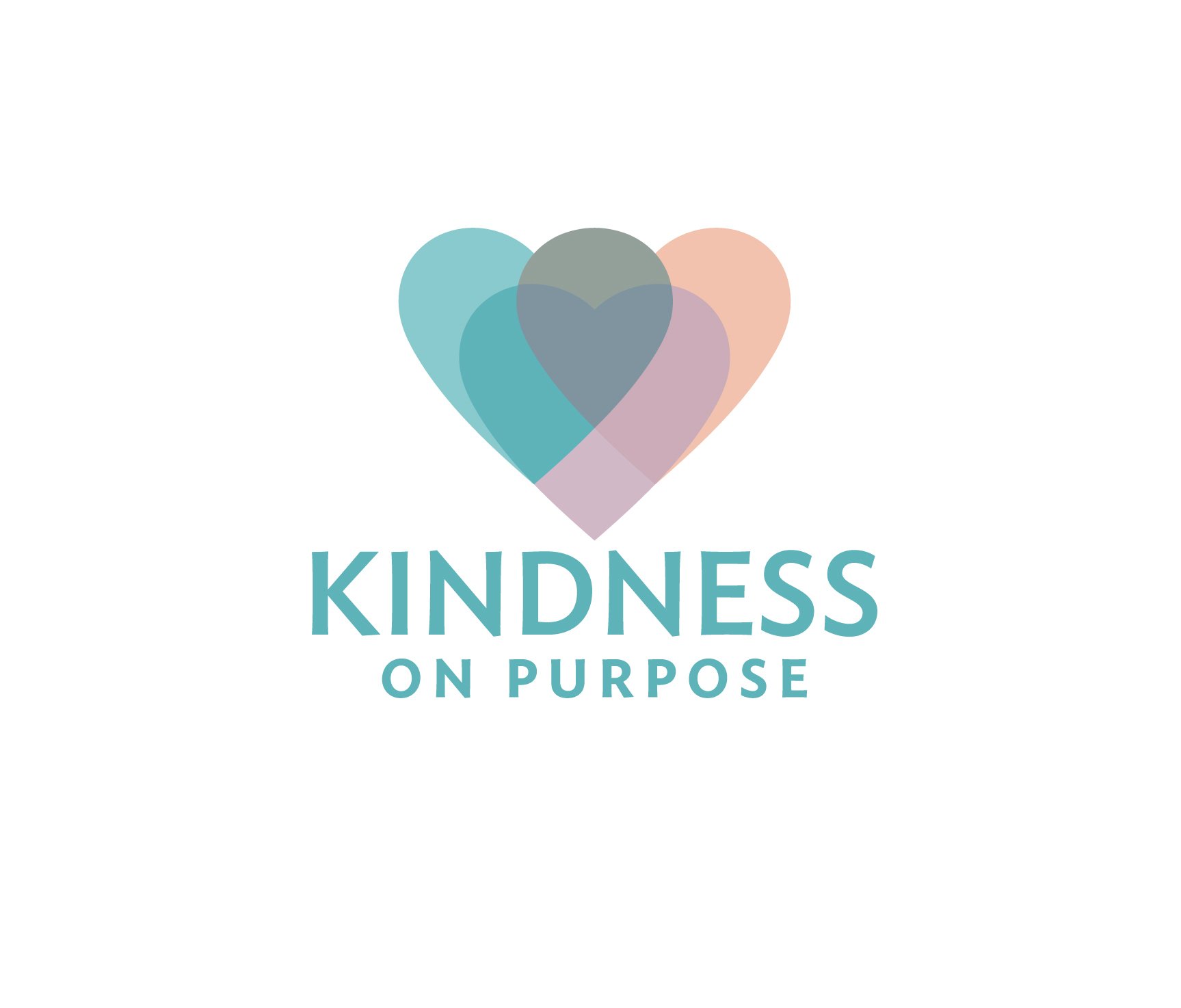5 simple steps you can take to build better relationships with your students
When I recently conducted a quick quiz on social media I asked people to tell me about their favourite classroom teacher. The question was;
QUIZ: Who was your favourite school teacher and why? What was it about them that made them seem special to you?
As each person answered their responses clearly showed that it was the teachers ability to show that they cared, and communicate to the student that they are valuable and they believed in their potential to achieve and be good people – that struck the strongest chord.
Some of the answers were;
“encouraged me to be me”
“made me realise I was special”
“treated me like an individual”
“I remember feeling like she really cared about me”
“They were a tower of trust”
“Showed so much care for us and always believed in and encouraged the kids in their care”
“she was nice to me and was kind”
“ believed in me “
“She showed me kindness, caring, gentleness and encouragement. She brought out the best in me.”
She showed so much care for us and always believed in and encouraged the kids in her care.”
As a teacher, if I asked you to tell me about your best experience with a superior; you would more likely describe a relationship where you felt encouraged and validated. You would then go on to describe how well you performed in your role whilst under the leadership of that person, because you felt so valued and supported to perform your teaching duties.
Research clearly tells us that the singular, most important factor that will have the strongest impact on a students level of academic achievement and pro social behaviour (being a positive, kind and caring human being) at school – is a caring relationship between a teacher and their student.
When a student feels like they belong in your classroom, that you understand their story and most importantly that you value their presence, then they will engage in learning with greater success.
A supportive relationship with you as their teacher will encourage your students to try harder and persevere with their learning. Additionally; when you give your students lessons that they perceive as having value then you are providing a positive learning experience and behavioural outcomes are consequently further enhanced.
We all know that building a positive and connected relationships with your students makes such a different however how to connect with your students is not something that comes easily to us all. Some people are naturally good at relationship building. The truth is though that building better relationships is a skill that we can all further develop. So to assist you; here are 5 techniques you can use to build better relationships with your students.
1. Greet your students at the door every morning.
This small act of connection goes a long way to communicate to each child in your class that they are of value.
2. Check in after the weekend and throughout the week.
You may call this a Caring Class meeting. When you facilitate a conversation with your students where they have an opportunity to share events that are going on in their life; then you are creating an opportunity to develop a real relationship with each child.
Rather than only ask about what they did on the weekend you can be creative and ask other questions such as;
How did you heart feel on the weekend?
Did you feel bored on the weekend and what did you do about it?
What does your body and mind need today?
3. Look for opportunities for connection
When you have a student that seems to be struggling it can make a real positive difference if you communicate you care by taking an interest in one of their favourite sports or hobbies. I know of a teacher who had a child in her class that was really struggling. She knew he really like football and made a point of finding out who was his favourite team. Every Monday she would make a point of mentioning the score from the weekend game and would ask him to tell her why they won or why they lost the game. This quick 2 minute conversation made a real difference to the way the student felt in her class and build a strong relationship between them.
4. Validate your students feelings
Some of the most powerful words you can ever say to a child or a teenager is that their feelings are understandable and ok. When you say this to your students you are role modeling empathy, developing a meaningful relationship with them and creating a sense of safety. The safer, more connected and validated they feel; the greater capacity their brains have to learn.
5. Be committed to figuring things out even when it is not easy.
Teachers who care are willing to stay connected even when learning and behaviour becomes challenging demonstrates that the student is worth the extra effort. When you remain committed to figuring things out even when its not easy you also are role modeling to students that it is possible to overcome obstacles.

